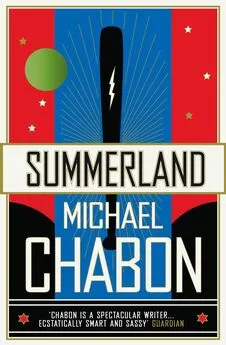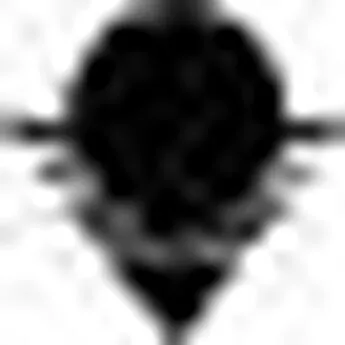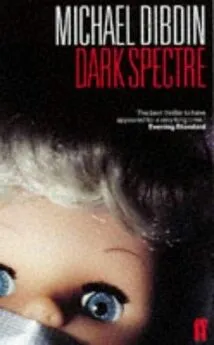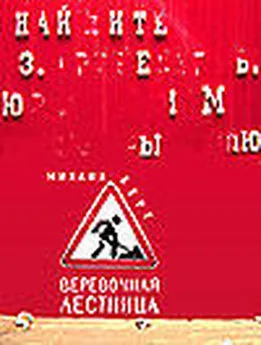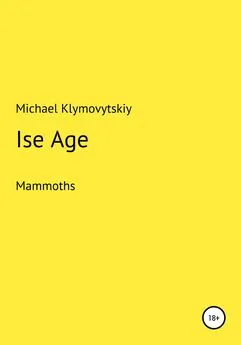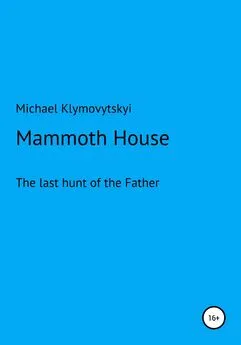Michael Chabon - Summerland
- Название:Summerland
- Автор:
- Жанр:
- Издательство:неизвестно
- Год:неизвестен
- ISBN:нет данных
- Рейтинг:
- Избранное:Добавить в избранное
-
Отзывы:
-
Ваша оценка:
Michael Chabon - Summerland краткое содержание
Summerland - читать онлайн бесплатно ознакомительный отрывок
Интервал:
Закладка:
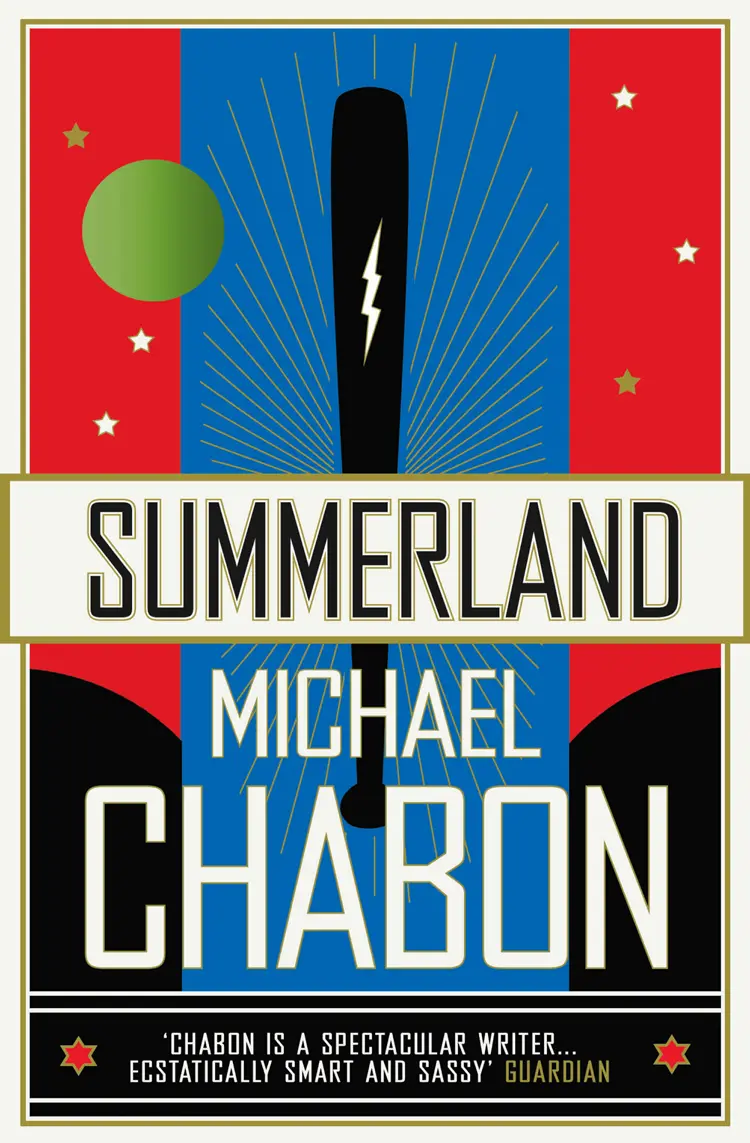
MICHAEL CHABON
Summerland
Contents
Cover
Title Page MICHAEL CHABON Summerland
First Base Конец ознакомительного фрагмента. Текст предоставлен ООО «ЛитРес». Прочитайте эту книгу целиком, купив полную легальную версию на ЛитРес. Безопасно оплатить книгу можно банковской картой Visa, MasterCard, Maestro, со счета мобильного телефона, с платежного терминала, в салоне МТС или Связной, через PayPal, WebMoney, Яндекс.Деньги, QIWI Кошелек, бонусными картами или другим удобным Вам способом.
The Worst Ballplayer in the History of Clam Island, Washington
A Hot Prospect
A Whistled-up Wind
The Middling
Escape
Second Base
Thor’s Crossing
The Eighteenth Giant Brother
Taffy
A Game of Catch
Mr. Feld in the Winterlands
The Herald
The Royal Traitor
The Housebreakers of Dandelion Hill
A Mother’s Tears
Grim
A Rat in the Walls
The Research of Mr. Feld
On Three Reubens Field
Third Base
The Lost Camps
Rancho Encantado
Jennifer T. and the Wormhole
The Bottom-Cat
The Conquest of Outlandishton
Applelawn
A Game of Worlds
Home
Epilogue
About the Author
Praise
Also by the Author
Copyright
About the Publisher
1 The Worst Ballplayer in the History of Clam Island, Washington
ETHAN SAID, “I hate baseball.”
He said it as he followed his father out of the house, in his uniform and spikes. His jersey read ROOSTERS in curvy red script. On the back it said RUTH’S FLUFF ’N’ FOLD.
“I hate it,” he said again, knowing it was cruel. His father was a great lover of baseball.
But Mr. Feld didn’t say anything in reply. He just locked the door, tried the knob, and then put his arm around Ethan’s shoulders. They walked down the muddy path to the driveway and got into Mr. Feld’s Saab station wagon. The car’s name was Skidbladnir, but usually they just called her Skid. She was oranger than anything else within a five-hundred-mile radius of Clam Island, including traffic cones, U-Haul trailers, and a fair number of actual oranges. She was so old that, as she went along, she made squeaking and rattling noises that sounded more like the sounds of a horse buggy than of an automobile. Her gauges and knobs were all labelled in Swedish, which was not a language that either Mr. Feld or Ethan, or for that matter anyone in Ethan’s family going back twenty generations on both sides, could speak. They rolled, squeaking and rattling, down from the little pink house where they lived, atop a small barren hill at the centre of the island, and headed west, towards Summerland.
“I made three errors in the last game,” Ethan reminded his father, as they drove to pick up Jennifer T. Rideout, the Roosters’ first baseman, who had called to say that she needed a ride. Ethan figured that his father was probably not going to let him out of playing in today’s game against the Shopway Angels; but you never knew. Ethan felt that he could make a pretty good case for his staying home, and Mr. Feld was always willing to listen to a good argument, backed up with sound evidence. “Danny Desjardins said that I directly caused four runs to score.”
“Plenty of good ballplayers have made three errors in a game,” Mr. Feld said, turning onto the Clam Island Highway, which ran from one end of the island to the other, and was not, as far as Ethan was concerned, a highway at all. It was an ordinary two-lane road, lumpy and devoid of cars like every other road on the lumpy, empty little island. “It happens all the time.”
Mr. Feld was a large, stout man with a short but unruly beard like tangled black wool. He was both a recent widower and a designer of lighter-than-air dirigibles, neither a class of person known for paying a lot of attention to clothes. Mr. Feld never wore anything in the summer but a clean T-shirt and a ragged pair of patched blue jeans. In the wintertime he added a heavy sweater, and that was it. But on game days, like today, he proudly wore a Ruth’s Fluff ’n’ Fold Roosters T-shirt, size XXL, that he had bought from Ethan’s coach, Mr. Perry Olafssen. None of the other Rooster fathers wore shirts that matched their sons’.
“I hate it that they even count errors,” Ethan said, pressing on with his case. To show his father just how disgusted he was by the whole idea of counting errors, he threw his mitt against the dashboard of the car. It kicked up a cloud of infield dust. Ethan coughed energetically, hoping to suggest that the very atoms of dirt on which he would be standing when they got to Ian “Jock” MacDougal Regional Ball Field were noxious to him. “What kind of game is that? No other sport do they do that, Dad. There’s no other sport where they put the errors on the freaking scoreboard for everybody to look at. They don’t even have errors in other sports. They have fouls . They have penalties . Those are things that players could get on purpose, you know. But in baseball they keep track of how many accidents you have.”
Mr. Feld smiled. Unlike Ethan, he was not a talkative fellow. But he always seemed to enjoy listening to his son rant and rave about one thing or another. His wife, the late Dr. Feld, had been prone to the same kind of verbal explosions. Mr. Feld didn’t know that Ethan was only ever talkative around him .
“Ethan,” Mr. Feld said, shaking his head in sorrow. He reached over to put a hand on Ethan’s shoulder. Skid lurched wildly to the left, springs squealing, creaking like a buckboard in an old western movie. Her noticeable colour and Mr. Feld’s distracted style of driving had, in the short time that the Feld men had been living on Clam Island, made the car a well-known local road hazard. “Errors… Well, they are a part of life, Ethan,” he tried to explain. “Fouls and penalties, generally speaking, are not. That’s why baseball is more like life than other games. Sometimes I feel like that’s all I do in life, keep track of my errors.”
“But, Dad, you’re a grown-up,” Ethan reminded him. “A kid’s life isn’t supposed to be that way. Dad—look out!”
Ethan slammed his hands against the dashboard, as if that would stop the car. There was a small animal, no bigger than a cat, in the westbound lane of Clam Island Highway – they were headed right at it. In another instant they would mash it under their wheels. But the animal just seemed to be standing there, an alert little creature, rusty as a pile of leaves, sharp-eared, peering directly at Ethan with its big, round, staring black eyes.
“Stop!” Ethan yelled.
Mr. Feld hit the brakes, and the tires burped against the blacktop. The car shuddered, and then the engine stalled and died. Their seat belts were made of some kind of thick Swedish webbing material that could probably stop bullets, and the buckles were like a couple of iron padlocks. So the Felds were all right. But Ethan’s mitt flew out of his lap and banged into the glove compartment door. A huge cloud of dust from the mitt filled the car. Maps of Seattle, Colorado Springs, Philadelphia, and a very old one of Göteborg, Sweden, came tumbling out of the glove compartment, along with a Band-Aid can filled with quarters, and a Rodrigo Buendía baseball card.
“What is it? What was it?” said Mr. Feld, looking wildly around. He wiped the inside of the windshield with his forearm and peered out. There was nothing in the road at all now, and nothing moving in the trees on either side. Ethan had never seen anything emptier than the Clam Island Highway at that moment. The silence in the car, broken only by the chiming of Mr. Feld’s key ring against the ignition, was like the sound of that emptiness. “Ethan, what did you see?”
“A fox,” Ethan said, though even as he said it he felt that he somehow had it wrong. The animal’s head and snout had been like a fox’s, and there had been the fat red brush of a tail, but somehow the, well, the posture of the animal hadn’t been— vulpine , was the word. Not foxlike. The thing had seemed to be standing, hunched over, on its hind legs, like a monkey, with its front paws scraping the ground.” I think it was a fox. Actually, come to think of it, it might have been a lemur.”
“A lemur,” Mr. Feld said. He restarted the car, rubbing at his shoulder where the seat belt had dug in. Ethan’s shoulder was feeling a little sore, too.” On Clam Island.”
“Uh-huh. Or, no, actually I think it was a bushbaby.”
“A bushbaby.”
“Uh-huh. They live in Africa and feed on insects. They peel the bark from trees to find the tasty and nutritious gum underneath.” Ethan had recently seen an entire programme devoted to bushbabies, on the Fauna Channel. “Maybe it escaped from a zoo. Maybe someone on the island keeps bushbabies.”
“Could be,” said Mr. Feld.” But it was probably a fox.”
They rode past the V.F.W. hall, and the obelisk-shaped monument to the Clam Island pioneers. They drove alongside the cemetery where the ancestors and loved ones of almost everyone now living on Clam Island, except for Ethan and his father, were buried. Ethan’s mother was buried in a cemetery in Colorado Springs, a thousand miles away. Ethan thought of that nearly every time they went past the Clam Island cemetery. He suspected that his father did, too. They always fell silent along this stretch of road.
“I really think it was a bushbaby,” Ethan said at last.
“Ethan Feld, if you say the word ‘bushbaby’ one more time…”
“Dad, I’m sorry, I know you’re mad at me, but I…” Ethan took a deep breath and held it for a few seconds. “I don’t think I want to play baseball anymore.”
Mr. Feld didn’t say anything at first. He just drove, watching the side of the road for the turn-off to the Rideout place.
Then he said, “I’m very sorry to hear that.”
As Ethan had heard many times, the first scientific experiment that Mr. Feld had ever performed in his whole life, back when he was eight years old, in Philadelphia, PA, was to see if he could turn himself into a left-handed pitcher. He had read that a kid who could throw left-handed had a better chance of making it to the big leagues. He hung an old tyre from a tree in his grandmother’s backyard and every day for a whole summer tried to throw a baseball through the tyre a hundred times with his left arm. Then, when he could throw it straight and hard, he taught himself to throw a knuckleball, a slow pitch that travels without spinning, and makes its way towards the hitter like a butterfly over a bed of flowers, fluttering. It was not a very good knuckleball, though, and when he tried to throw it in real games, the other boys jumped all over it. Yet its crazy motion interested him, and Mr. Feld had begun to wonder about the shapes of things, and about the way air went over and around something that was round and moving very fast. In the end he had given up baseball for aerodynamics. But he had never forgotten, to this day, the way it felt to stand on the top of that small, neat hill of brown dirt, in the middle of a green field, holding on to a little piece of something that could fly.
Читать дальшеИнтервал:
Закладка:
